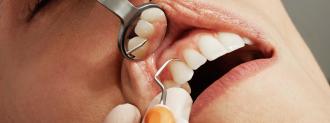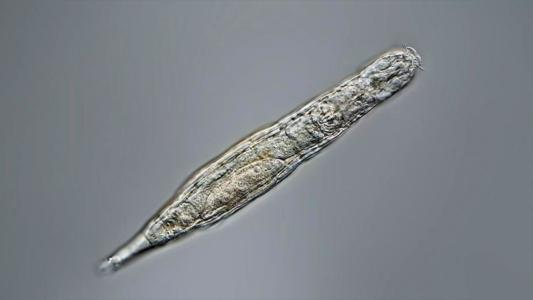One day, your dentist could send you home with a toothbrush, floss, and a pack of candy — all of it good for your teeth. Imagine that.
Researchers claim to have invented an experimental breath mint that may renew tooth enamel and strengthen teeth, and it’s already headed into human trials. The biggest question that remains — when can I order this on Amazon?
The plan: Researchers at the University of Washington have a creative idea: lozenges coated in genetically altered proteins, which could be the first therapy to regrow tooth enamel, rather than just protect it.
The team, led by Mehmet Sarikaya, will soon launch clinical trials to test the tablets. If successful, the protein coating will connect to the user’s teeth and add a thin coating of new enamel.
“Each study will take two weeks, and we expect these trials to take no more than three months,” University of Washington dentist Sami Dogan said in a statement.
What’s in the special coating? When building their special coating, the team incorporated the basic building blocks of tooth enamel and created a peptide, or chain of amino acids, genetically designed with phosphorus and calcium ions. They sourced the peptide from amelogenin, a protein that plays an essential role in producing tooth enamel.
“Remineralization guided by peptides is a healthy alternative to current dental health care,” Sarikaya said in a statement in 2018. “Peptide-enabled formulations will be simple and would be implemented in over-the-counter or clinical products.”
Wear and repair: We all experience wear and tear on our teeth. But when the researchers tested their mints in the lab, using teeth taken from people, pigs, and rats (as well as on living rats), they discovered that the equivalent of only one mint per day was enough to keep the tooth enamel in good shape, offsetting normal wear.
Furthermore, the researchers believe that a second daily mint will actually add a few micrometers of new enamel to the teeth, correcting damage — something they’re hoping to confirm in clinical trials, reports Futurism.
A changing landscape: If you can’t stand breath mints, you’re in luck. The team hopes to develop a line of gels, pastes, and gum that will also restore tooth enamel. This would be a game-changer for dental health.
So far, the focus in dental health is on protecting our teeth from damage. But even whitening strips, which rely on bleach, may weaken tooth enamel and only give the appearance of healthy teeth. But nothing on the market today can heal damaged teeth and regrow enamel. Do that, and we can say goodbye to fillings and dentures.
We’d love to hear from you! If you have a comment about this article or if you have a tip for a future Freethink story, please email us at [email protected].






